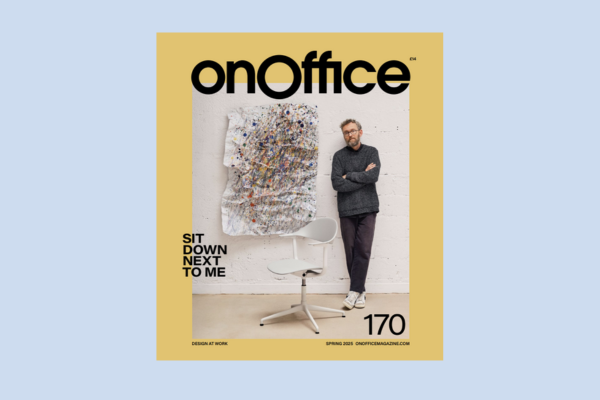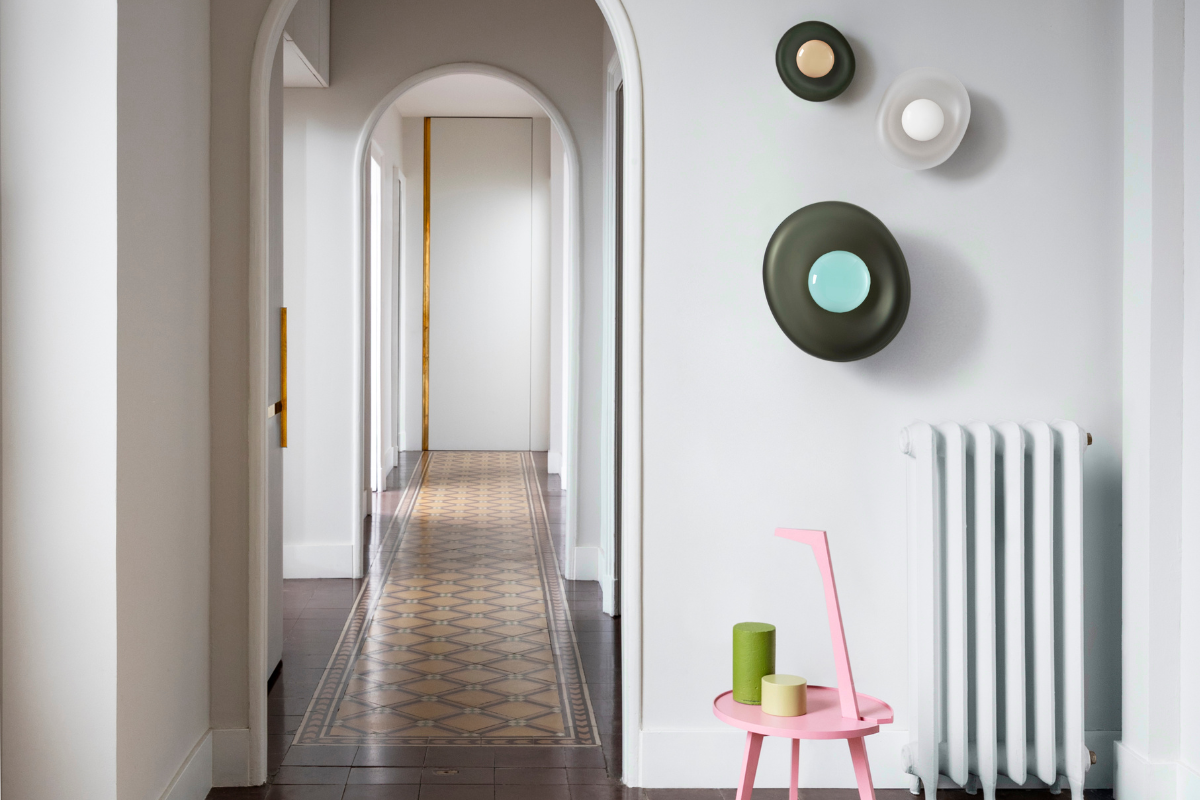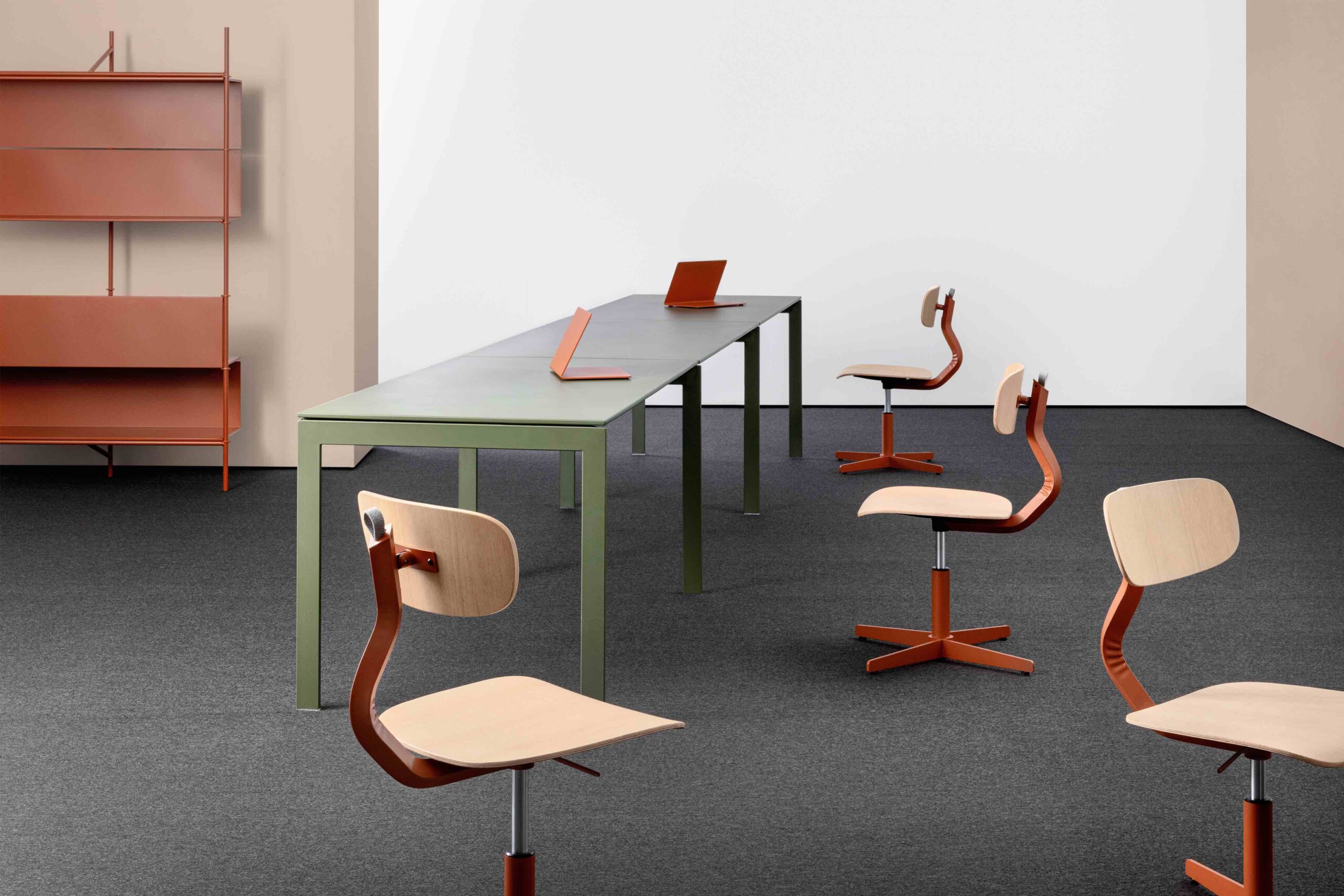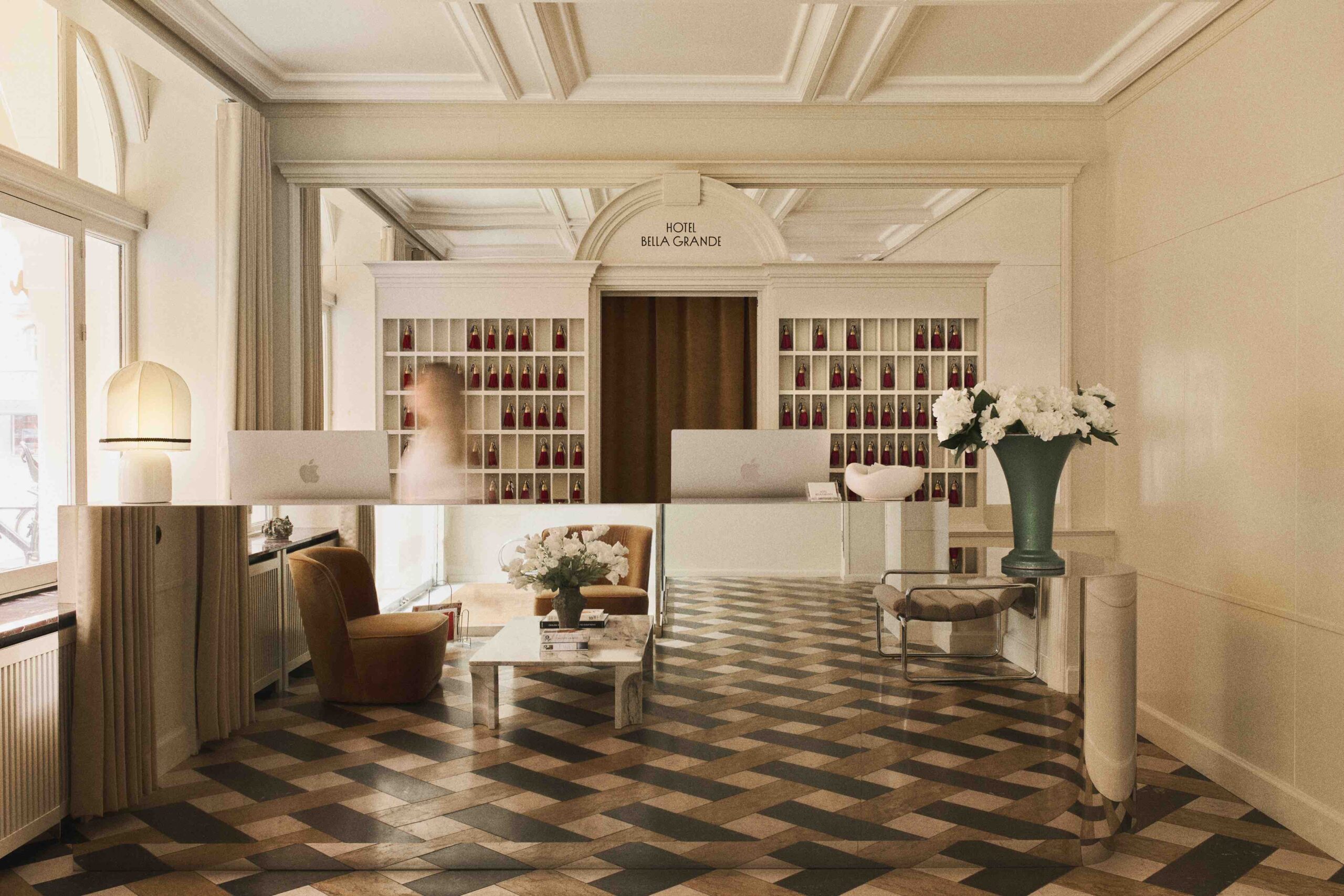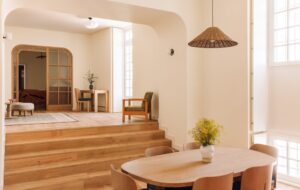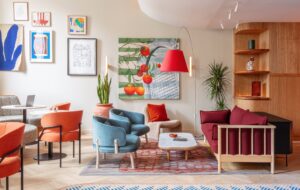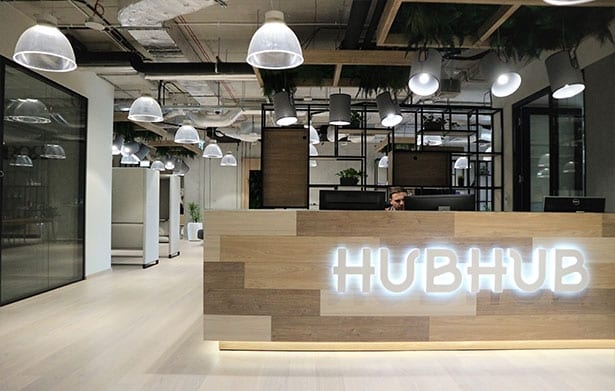 |||
|||
Given that its entry point to the London market was a 21,000sq m office building in the City – 33 Central, on King William Street – when this developer starts something, you know it means business. And so it goes that HB Reavis launched the HubHub co-working concept, which so far has been concentrating its energies in Poland and Slovakia (as pictured here) as well as in Austria and Hungary.
“The main thing with HB Reavis is it is an innovative developer; it has reacted to the trend of people changing how they work and their working styles. It is also about the working styles of millennials, how they are looking for flexibility and more short-term space,” explains Natália Kisková, head of HubHub.
 Photo by HB Reavis
Photo by HB Reavis
“The wish list for millennials often includes space in which ideas can flourish, collaboration is encouraged and there is
that all-important, hard-to-put-one’s-finger-on feelgood factor,” she continues. “One of its other central tenets is also about education and providing suitable programming so that the talent working
there can grow and develop. HB Reavis is
a talent-pooling company.”
There are three main types of customers that HubHub is targeting. First there are startups, mostly tech-orientated. These can scale up fast, says Kisková. Then there are scale-ups, numbering about 20 people. They are much more likely to want their own space as well as sharing space with others. The final demographic group that HB Reavis has its eye on with HubHub is students: “They will look to the community aspect to motivate them.”
 Photo by HB Reavis
Photo by HB Reavis
The whole community piece is integral to the HubHub concept. “We wanted to create that sense of belonging,” says Kisková, “somewhere where you’d come in, have a coffee and make friends.” HubHub is, its creators say, specifically designed to create and maximise opportunities between entrepreneurs and the wider business ecosystem. There are day or flexi passes as well as fixed desks, alongside complete branded office spaces for larger businesses.
Naturally the design comes in to reinforce these intentions. “We’ve created as much variety as possible. There are sit-standing desks, lower desks and things like phone booths for privacy.” And when the density is smaller, she adds, where previously each person had 10sq m of space, now that figure is more like 6 or 7sq m, so people are unlikely to stay in one place for long periods of time.
Each space is designed by a local practice and, as you walk through, a series of artworks adorn the walls. “We wanted to capture that local spirit, and that the design would be seen through a local prism. We’ve kept the fact that each one has a variety of space.”
 Photo by HB Reavis
Photo by HB Reavis
The HubHub spaces are united by their variety of work settings. In Warsaw, designed by InDesign, there are some pretty out-there swings, for example. “These are actually pretty popular for one-on-one meetings,” says Kisková. The rest of the floorplate runs the gamut from cosy and inviting to more discreet. Naturally there is plenty of provision for bicycles and, given the all-firing nature of startups, the space is open 24/7.
Another popular hangout is the bar on the ground floor. “There is a fireplace, and people can sit around it and look out and feel warm.” The idea is that the hospitality offer here would rival that of local hotels. Adjoining the bar area, there is a large events space, complete with bleacher seating. HB Reavis was keen that its events programme should encourage the businesses, whether large or small, to flourish. It offers members – and for that matter the wider community – a series of workshops and conferences to allow startups and more established businesses the opportunity to exchange ideas. “We’d rather have one bigger event, rather than a couple of smaller ones, so everyone can come together.”
Subscribe to OnOffice for the full feature
Developer HB Reavis launched HubHub as an international co-working brand with a local focus. Here its Warsaw and Bratislava hubs show how it is tailoring its space to suit the local community

